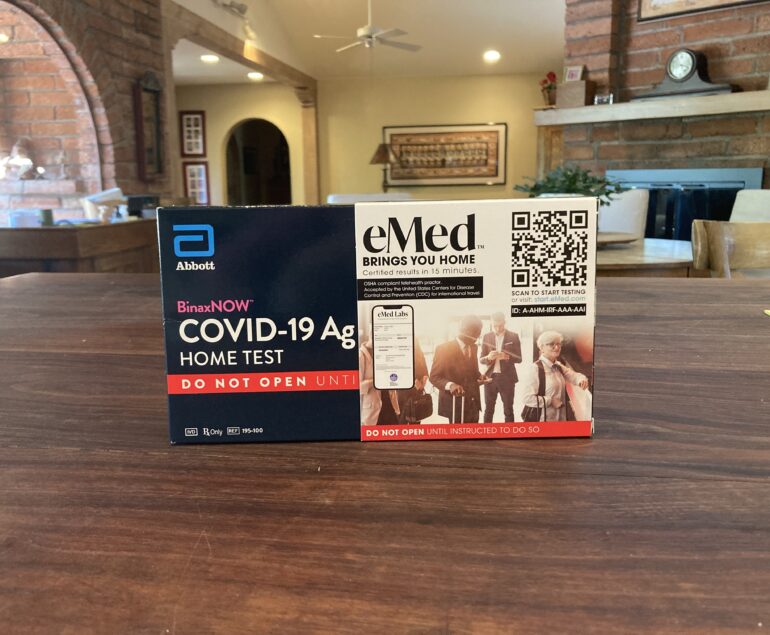More than 6.8M doses of the Johnson & Johnson vaccine have been administered in the U.S. The enhanced surveillance system that’s in place to detect adverse events found 6 cases of a type of blood clot called cerebral venous sinus thrombosis in women that received that vaccine. Since the cases are all occurring among women from 18 to 50 years old, the rate is more like 1/100,000 for that demographic.
Their diagnosis occurred 6 to 13 days after their vaccinations. Symptoms of this kind of blood clot include severe headache, abdominal pain, leg pain, or shortness of breath- but mostly severe headache.
The treatment for this kind of blood clot is different from what’s typically given for other kinds of blood clots. Usually, an anticoagulant drug called heparin is used to treat blood clots. In the 6 cases that were observed (called cerebral venous sinus thrombosis) heparin is dangerous and patients need a different kind of treatment.
The CDC & FDA recommended that state and county health departments suspend the administration of the J&J shot last Monday. The vaccine is still under emergency use authorization by the FDA. Last week’s advisory was just a recommendation.
CDC held their Advisory Committee on Immunization Practices (ACIP) last Wednesday to review the 6 cases last Wednesday. The ACIP’s job is to assess the potential significance of the adverse events and consider the benefits of the vaccine and make recommendations to CDC and FDA about how CDC and FDA should proceed.
The ACIP’s review examined the details of the cases and concluded that the number of cases is likely above what would normally be expected in that number of people and that the cases are likely related to administration of the J&J vaccine.
I listened to the entire meeting and to be honest I was disappointed at the lack of interest that the committee’s showed about what the public health impacts would be from an extended removal of the J&J vaccine. They seemed to believe that the J&J vaccine is interchangeable with the mRNA vaccines. It is not.
They failed to appreciate that the J&J vaccine is far more flexible, has an easier cold chain, and is a one dose shot… making it valuable for getting vaccine to vulnerable and hard to reach populations. They also seemed unconcerned that removal of the vaccine would hurt health equity.
All in all, a disappointing meeting. While they didn’t vote on anything, they appeared to be poised to recommend at least a one month suspension of this important and safe shot. Not a good call.
The ACIP will be meeting again this Friday at 8am AZ time. I hope public health stakeholders like ASTHO and NACCHO reach out to better educate ACIP voting members about the public health costs of a continued suspension of the administration of the J&J vaccine.
P.S. Keep in mind that ACIP’s recommendations are just advisory and the CDC & FDA Director and Commissioner (or state and county health departments) don’t have to take their advice. Also, FDA does not appear to be considering revoking J&J’s Emergency Use Authorization.
Editorial Note: Anytime you decide to suspend administration of a vaccine like this you need to consider both the costs (risks) and benefits of the decision. One cost is that hundreds of vaccine clinics and events that are prepped and ready to administer the J&J vaccine now have to suspend their operations.
Another risk is that the tens of thousands of persons that would have been vaccinated with the J&J shot in the coming days (weeks) won’t receive their vaccine. Some folks may not come back and may get infected later. The J&J vaccine is uniquely positioned to reach vulnerable populations because of its flexibility.
If the FDA hadn’t temporarily suspend use of the vaccine there’s a risk that additional cases of the rare clot will occur without clinicians having had an opportunity to learn more about the unique treatment for these rare clots.
The bottom line is that I agree with the CDC and FDA’s decision to temporarily suspend use of the J&J vaccine pending the deeper analysis of these cases last week. However, I was disappointed with the ACIP’s lack of interest in how removal of the J&J vaccine might injure efforts at vaccine access equity.

